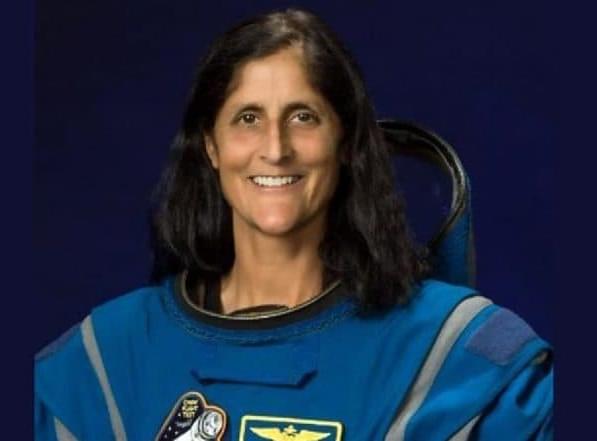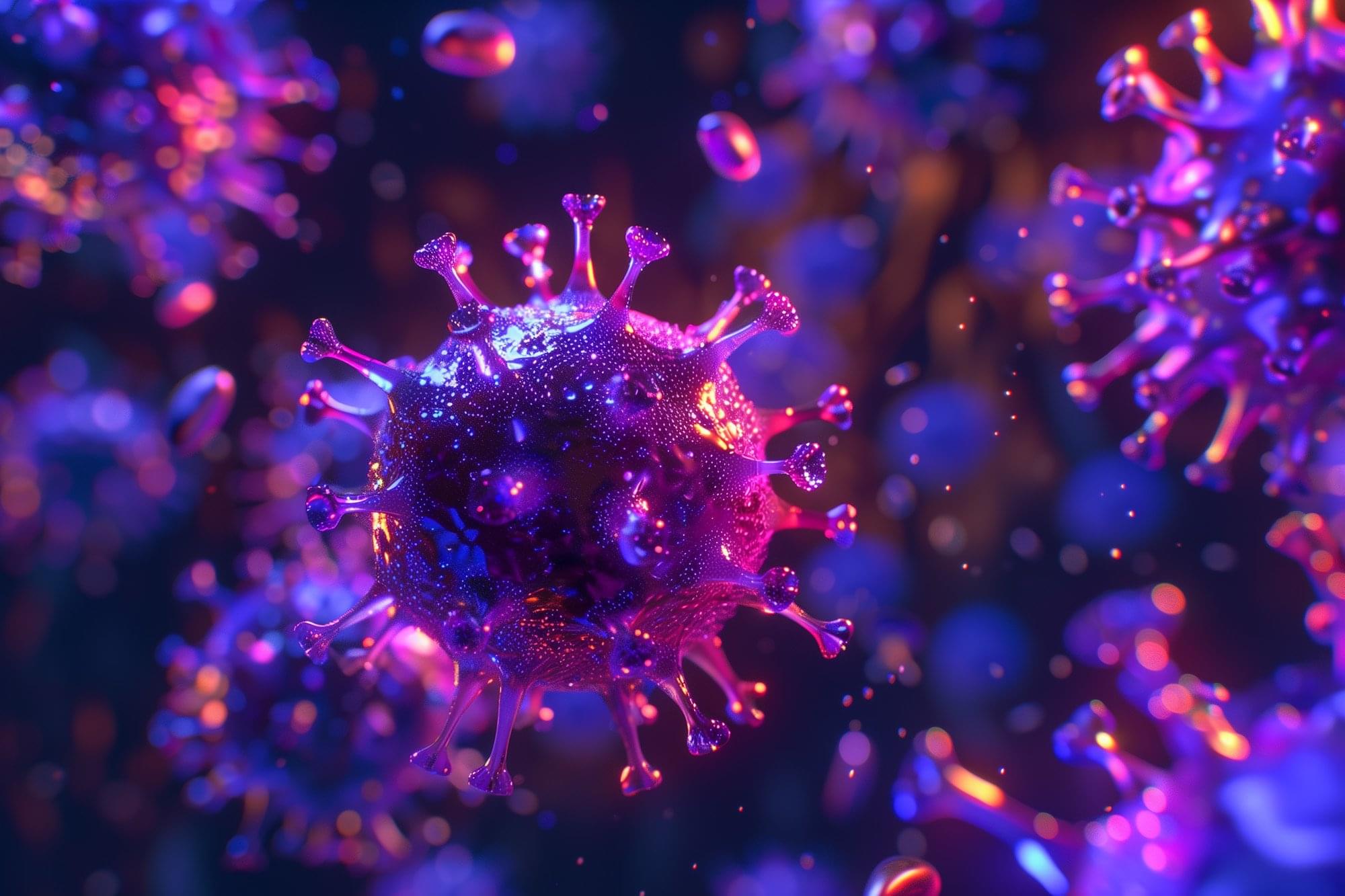It turns out acetate-fed yeast produces about the same amount of vitamin B9 as those that eat sugar. Just 6 grams, or 0.4 tablespoon, of the harvested dried yeast meets the daily vitamin B9 requirement. The vitamin levels were measured by a team led by co-author Michael Rychlik at the Technical University of Munich, Germany.
For protein, the researchers found that the levels in their yeast exceed those of beef, pork, fish, and lentils. Eighty-five grams, or 6 tablespoons, of yeast provides 61% of daily protein needs, while beef, pork, fish, and lentils meet 34%, 25%, 38%, and 38% of the need, respectively. However, the yeast should be treated to rid compounds that can increase the risk of gout if consumed excessively. Even so, treated yeast still meets 41% of the daily protein requirement, comparable to traditional protein sources.
This technology aims to address several global challenges: environmental conservation, food security, and public health. Running on clean energy and CO2, the system reduces carbon emissions in food production. It uncouples land use from farming, freeing up space for conservation. Angenent also stresses that it will not outcompete farmers. Instead, the technology will help concentrate farmers to produce vegetables and crops sustainably. The team’s yeast may also help developing nations overcome food scarcity and nutritional deficiencies by delivering protein and vitamin B9.






